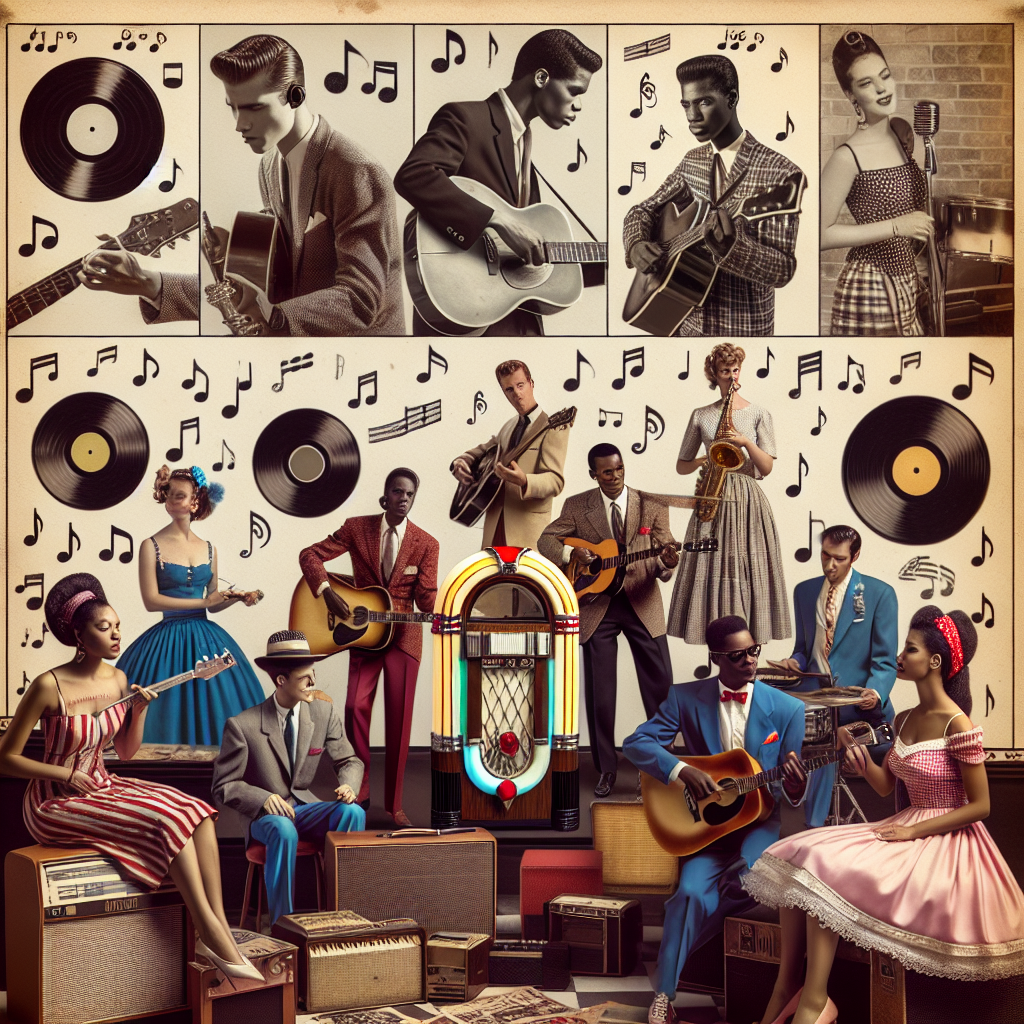Protest songs have played a vital role in shaping culture in the 1960s. During this tumultuous time, music became a powerful tool for expressing social and political discontent. Musicians used their platform to speak out against injustice and call for change, influencing not only the music industry but also fashion, technology, and the attitudes of politicians.
One of the most iconic protest songs of the 60s is Bob Dylan’s “Blowin’ in the Wind.” The song’s simple yet powerful lyrics resonated with a generation seeking answers to the social issues of the time. Dylan’s music became an anthem for civil rights activists and anti-war protesters, inspiring them to continue their fight for equality and peace.
Music has always been a reflection of society, and during the 60s it was no different. Artists like Joan Baez, Pete Seeger, and Marvin Gaye used their music to challenge societal norms and push for change. Their songs sparked conversations about race relations, gender equality, and environmental activism, paving the way for future generations to continue fighting for social justice.
Protest songs also had a significant impact on fashion during the 60s. Musicians like Jimi Hendrix and Janis Joplin became style icons with their bold fashion choices and rebellious attitudes. Their influence can still be seen today in modern fashion trends that draw inspiration from the counterculture movement of the 60s.
Technology also played a role in shaping culture during this time. The rise of television brought live performances into people’s living rooms, allowing musicians to reach larger audiences than ever before. This new form of media helped spread protest songs across the country, fueling social movements and uniting people in their shared struggles.
Politicians were not immune to the influence of protest songs either. Songs like “Fortunate Son” by Creedence Clearwater Revival criticized politicians who supported war efforts while avoiding military service themselves. These songs forced politicians to confront uncomfortable truths about their policies and actions, holding them accountable to their constituents.
The impact of protest songs in shaping culture during the 60s cannot be overstated. Music became a powerful force for change, challenging societal norms and inspiring individuals to stand up against injustice. While the issues may have evolved over time, the legacy of these protest songs lives on in today’s music industry as artists continue to use their platform to advocate for social change.


Get involved!
Comments